“The project, conceived in 2016 during King Mohammed VI of Morocco’s visit to Nigeria, merges two major pipeline projects: the West African Gas Pipeline Extension Project and the Nigeria-Morocco Gas Pipeline Project”
The Economic Community of West African States (ECOWAS) and three African countries—Nigeria, Morocco, and Mauritania—have reaffirmed their commitment to the African Atlantic Gas Pipeline (AAGP) project, a $26 billion initiative aimed at connecting at least 13 nations and fostering economic growth across the region.
The project, conceived in 2016 during King Mohammed VI of Morocco’s visit to Nigeria, merges two major pipeline projects: the West African Gas Pipeline Extension Project and the Nigeria-Morocco Gas Pipeline Project.
At the ECOWAS Inter-Ministerial Meeting in Abuja on Friday, officials from various countries emphasized the importance of collaboration to advance the project.
Mr. Mele Kyari, the Group Chief Executive Officer of the Nigerian National Petroleum Company Limited, highlighted the project’s transformative potential, stating that decisions made at the meeting will shape the future of the African Atlantic gas project.
Persecondnews reports that Kyari, who was represented by the NNPC Ltd’s Executive Vice President, Gas Power & New Energy, Mr. Olalekan Ogunleye, emphasized that the project must make a positive impact on the economies of the region’s nations and the lives of the people.
Ogunleye said: “Today, we come together to make significant progress in the African Atlantic gas pipeline project, perhaps the largest African project, a transformative initiative that promises to connect at least 13 African nations in shared prosperity and development.
“Decisions made here will shape the future of the African Atlantic gas project, ensuring a positive impact on the economics of our nation and the lives of our people.
“A lot of progress has been made with the front-end engineering design; phase two study is now completed, and work is ongoing for service environmental and social impact assessments and the land acquisition and resettlement.
“These achievements underscore our shared capacity and resolve to bring this partner project to fruition, demonstrating both the project’s viability and our capability for effective execution.
“Supported, of course, by strong regional collaboration, which we continue to appreciate, NNPC is well positioned to progress this project by leveraging on its expertise across that production, processing, transmission, and marketing and experience having executed similar projects.”
The AAGP project aims to monetize Nigeria’s abundant natural gas resources, generate additional revenue, diversify gas export routes, and eliminate gas flaring.
The pipeline will span 5,300 kilometres from Nigeria to Morocco and 1,700 kilometres from Morocco to Northern Morocco, supplying gas to Morocco, 13 ECOWAS countries, and Europe.
ECOWAS Commissioner for Infrastructure, Energy, and Digitalisation, Sediko Douka, emphasized the importance of collaboration among all parties to bring the project to fruition.
Also speaking, the Minister of State for Petroleum Resources (Gas), Sen. Ekperikpe Ekpo, highlighted the transformative potential of the project.
“We stand at a critical juncture where these draft agreements hold the power to reshape our energy landscape, strengthen our economies, and uplift our people,” Ekpo said.
He added that the agreements should reflect a steadfast commitment to enhancing hydrocarbon and energy trade across ECOWAS nations, providing much-needed access to natural gas in West Africa, and expanding Africa’s global gas market presence.
In her address, Morocco’s Minister of Energy Transition and Sustainable Development, Laila Benali, expressed optimism about the project’s potential to open new markets and create employment.
With critical agreements, including the intergovernmental agreement and host government’s agreement, advanced during the meeting, the project is poised to reshape the energy landscape in Africa.













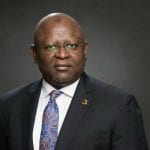

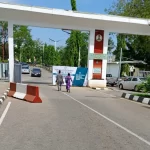
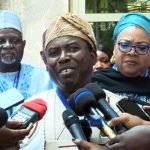


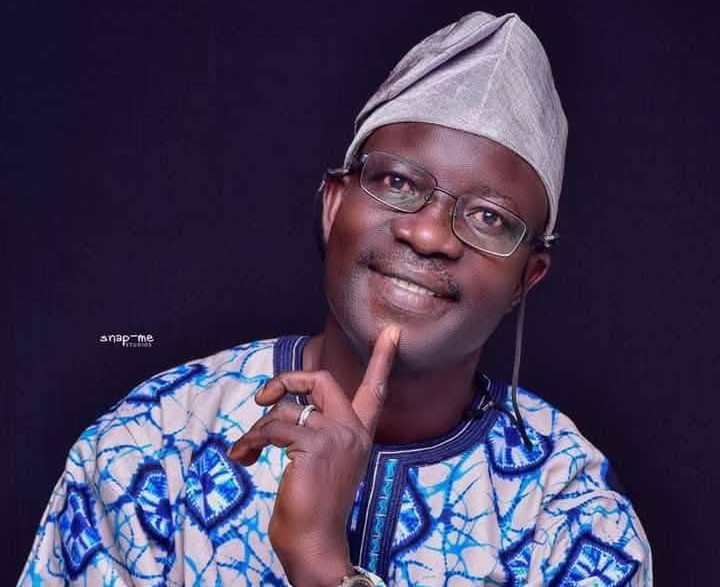
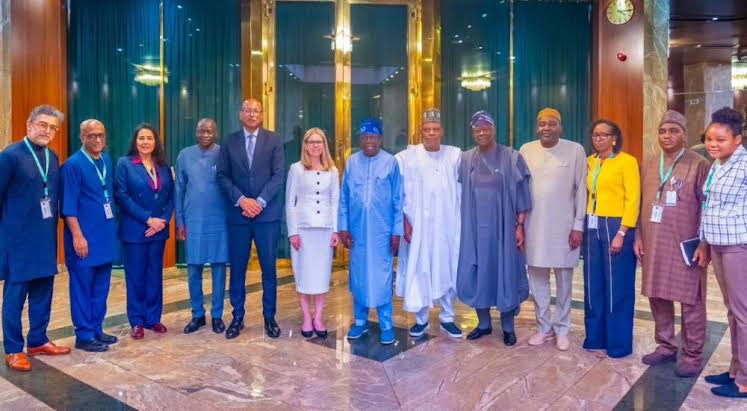

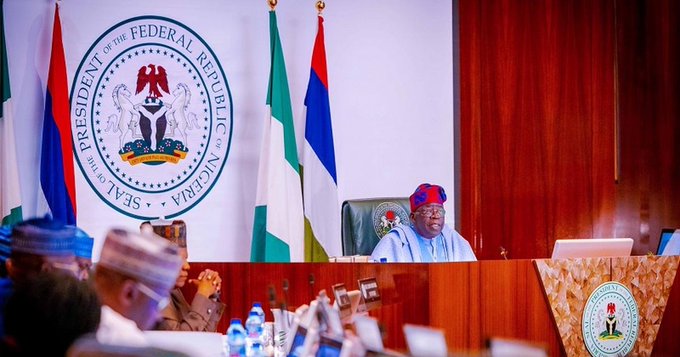

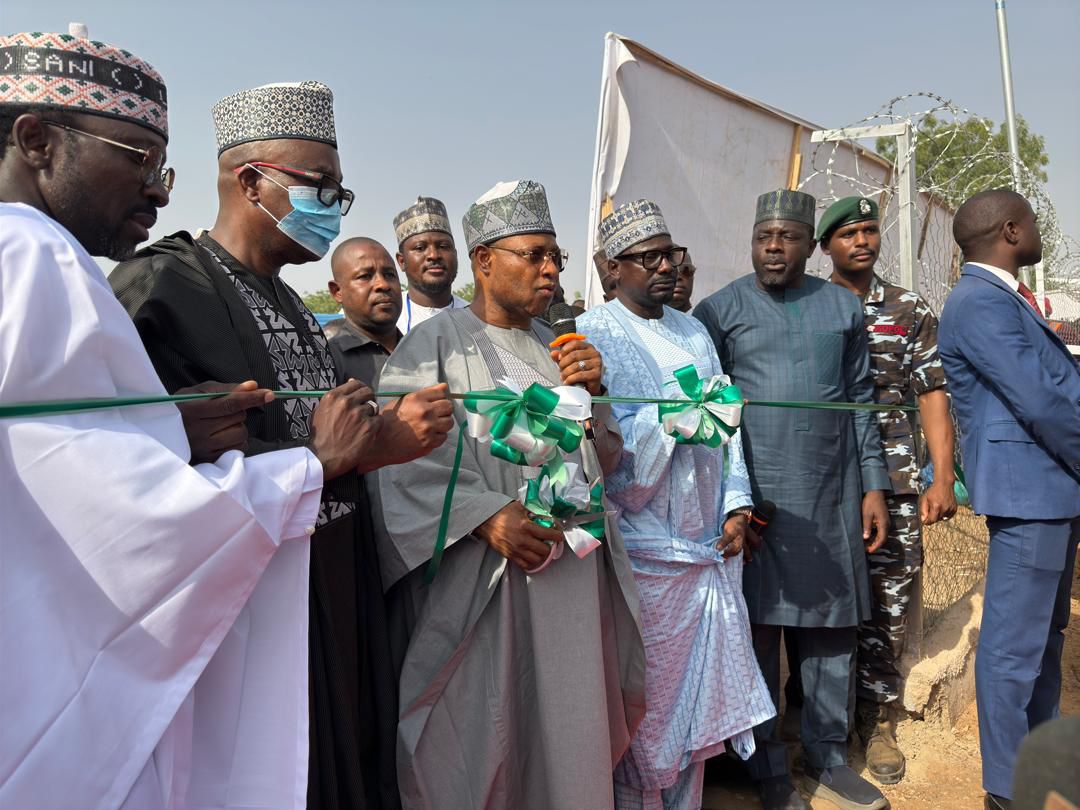
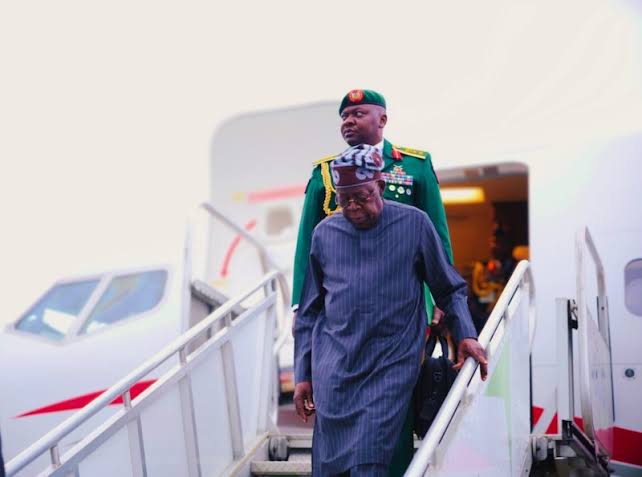

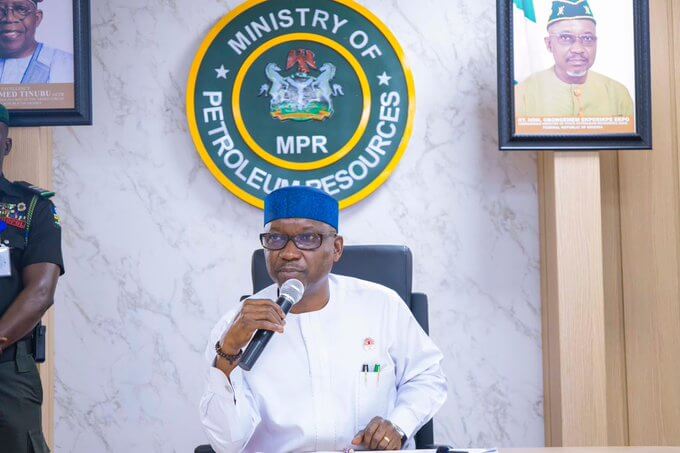




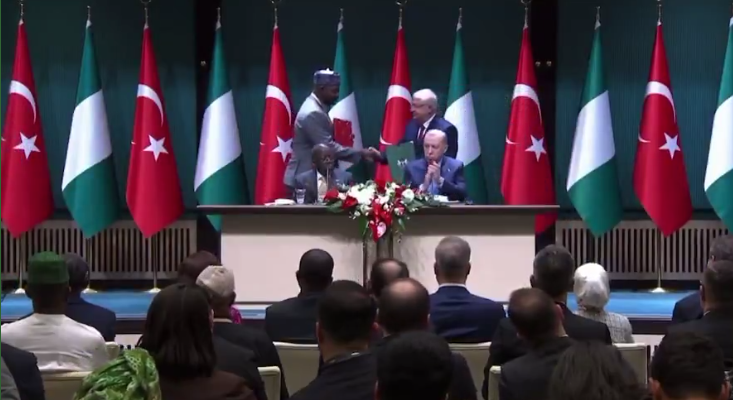
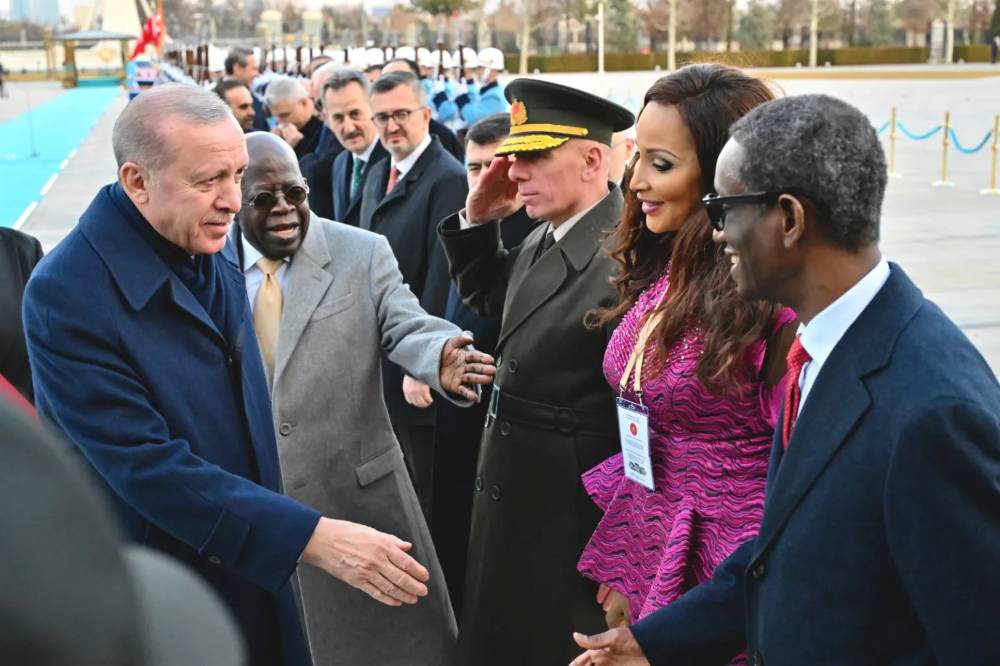

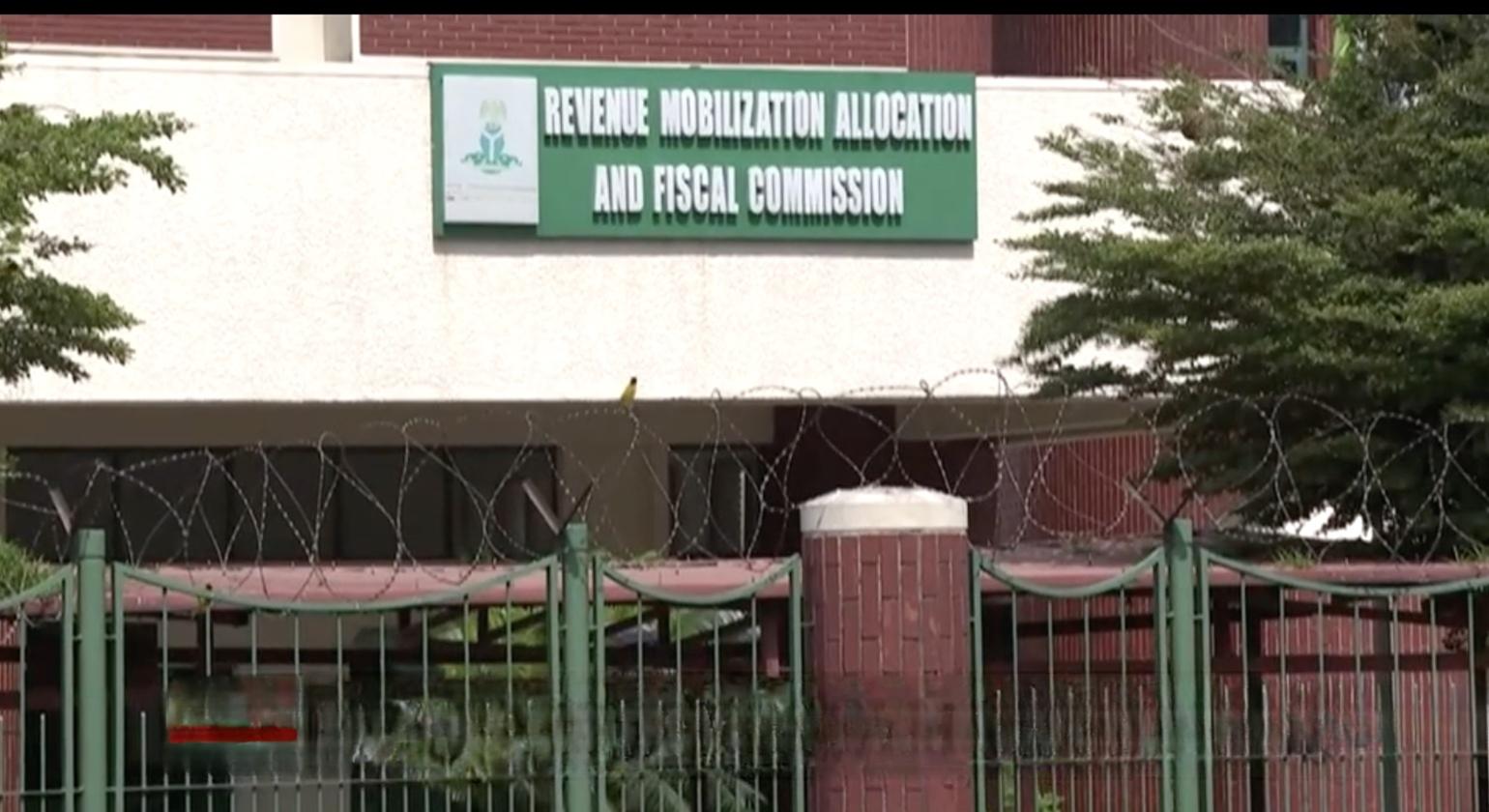


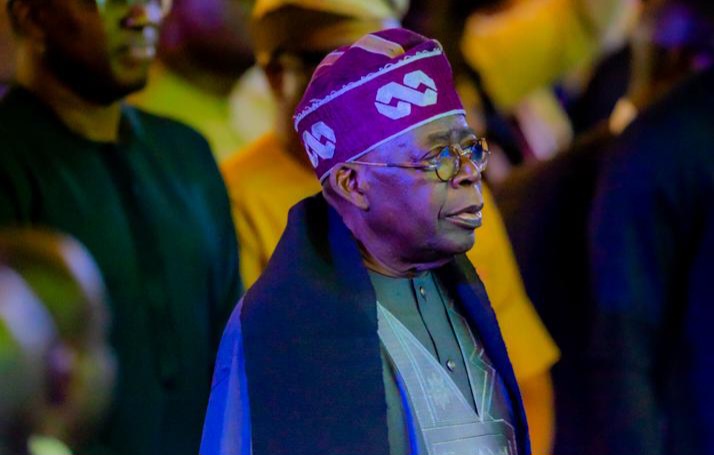
Leave a comment